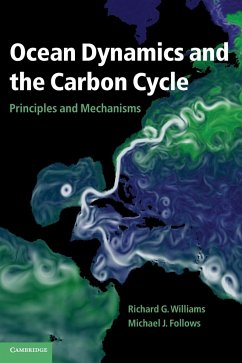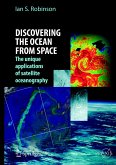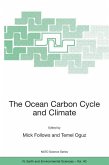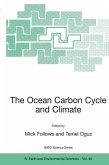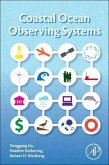This textbook for advanced undergraduate and graduate students presents a multidisciplinary approach to understanding ocean circulation and how it drives and controls marine biogeochemistry and biological productivity at a global scale. Background chapters on ocean physics, chemistry and biology provide students with the tools to examine the range of large-scale physical and dynamic phenomena that control the ocean carbon cycle and its interaction with the atmosphere. Throughout the text observational data is integrated with basic physical theory to address cutting-edge research questions in ocean biogeochemistry. Simple theoretical models, data plots and schematic illustrations summarise key results and connect the physical theory to real observations. Advanced mathematics is provided in boxes and appendices where it can be drawn on to assist with the worked examples and homework exercises available online. Further reading lists for each chapter and a comprehensive glossary provide students and instructors with a complete learning package. Presents a modern, multidisciplinary and observational approach to introduce the physical processes that drive ocean biogeochemistry and global climate change. Observational data, simple numerical models and schematic illustrations are integrated with basic physical theory to address fundamental research questions and explain how ocean circulation controls marine chemistry and biological productivity.
Hinweis: Dieser Artikel kann nur an eine deutsche Lieferadresse ausgeliefert werden.
Hinweis: Dieser Artikel kann nur an eine deutsche Lieferadresse ausgeliefert werden.
'This is an outstanding book, likely to become a standard text for those needing to know about both ocean physics and biogeochemistry. Its main achievement is to cover both aspects in sufficient depth to provide a genuinely useful treatment of key concept[s], but at a sufficiently gentle technical and mathematical level to remain accessible to both communities. The excellent sets of problems (and solutions) will help readers to increase their understanding of the topics covered. I can see the book being widely adopted for upper-level undergraduate and graduate courses, as well as being used by more experienced researchers needing to increase their knowledge and understanding of the other discipline.' Professor David Marshall, University of Oxford

